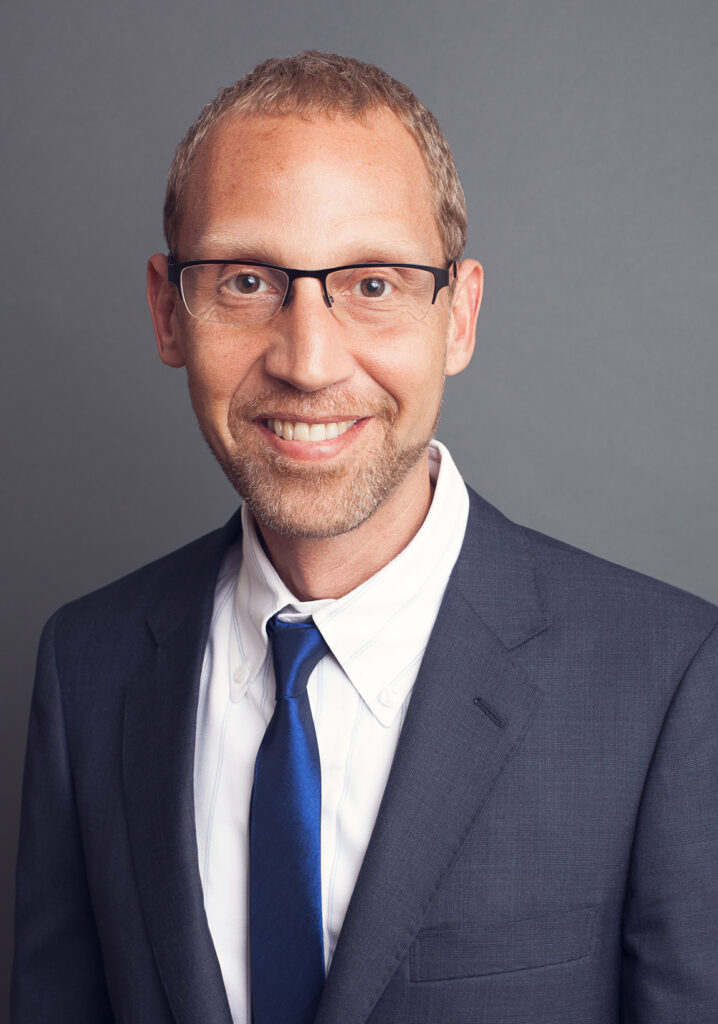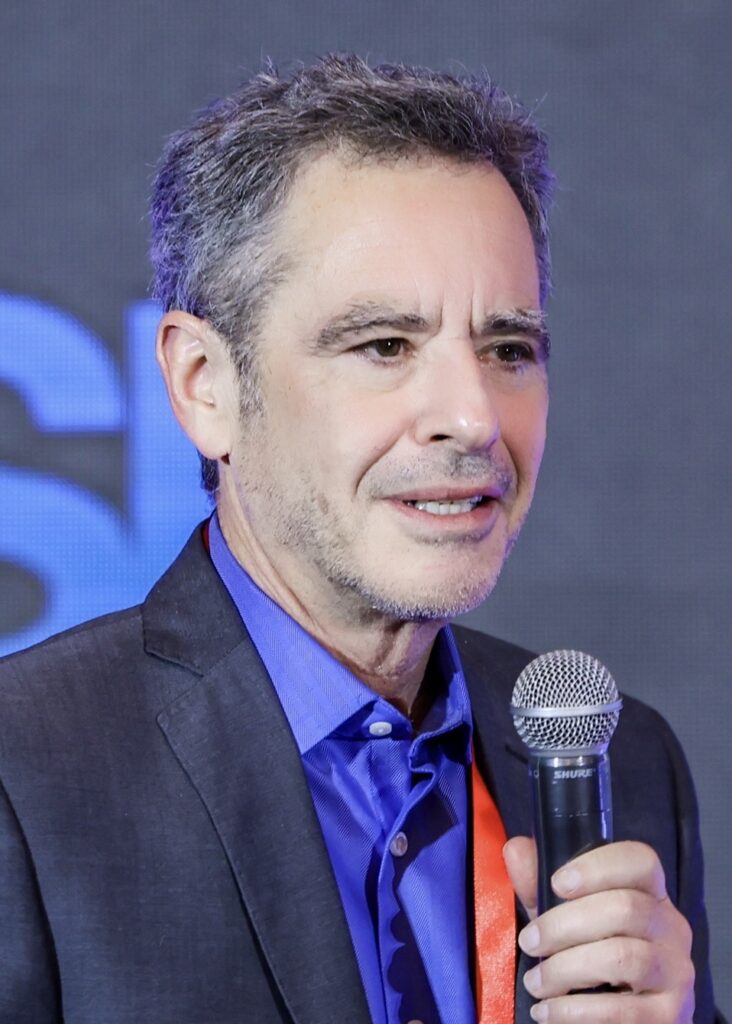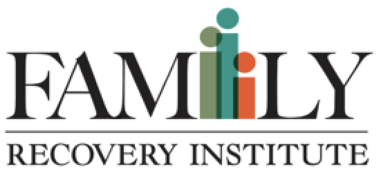This list will be updated as we receive donations.

- This event has passed.
Healing the Cultural Outsider Wound in Psychotherapy
– Presented by Dennis Portnoy, LMFT [CLASS]
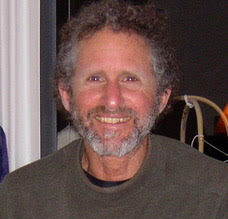
NARRATIVE:
Many who seek psychotherapy were either born in the United States of parents from another culture, or they arrived here as children. Surrounded by peers who look and speak differently, they often have the added burden of parents relying on them to help navigate in a new country. Eager to “fit in” they become hyper-focused on conforming and achieving, feeling tremendous pressure to go above and beyond what is expected. The very qualities that contribute to their success in the world often perpetuate their unhappiness and disconnection from themselves.
There are some consistent psychological dynamics regardless of the specific cultural background. In their early experience in school, these clients are aware that they look, sound and view the world differently than their peers. The cultural outsider wound stems from a profound sense of being “other” that often leaves one feeling shame and a sense of inferiority. Becoming adept at taking their cues for how to act by looking outside of themselves, cultural outsiders mold their responses to fit other’s expectations.
Through lecture as well as dyad work, this course will offer a deeper understanding into the unique survival strategies employed in an attempt to cope with the difficulties that arise from feeling different. There will be particular emphasis on how these clients define themselves and measure their self-worth. Participants will also learn a powerful intervention called “piercing the threat” designed to deconstruct an identity and sense of worth that revolves around performance, how one is being perceived, and their usefulness to others.
2. Source Material:
Asendorpf, J. B., & Motti-Stefanidi, F. (2017). A longitudinal study of immigrants’ peer acceptance and rejection: Immigrant status, immigrant composition of the classroom, and acculturation. Cultural Diversity and Ethnic Minority Psychology, 23(4), 486–498
Chandra, R. (Mar 06, 2017) The Shadow side to being an Asian American over-achiever: What our Asian parents didn’t teach us about life. Psychology Today Blog Psychologytoday.com/the-pacific-heart201703
Garcia Coll C & Magnuson K. (2014). “The psychological experience of immigration: a developmental perspective” in the New Immigrant and the American Family. Orozco M S & Qin-Hilliard, Eds. (Mahwah, NJ): Lawrence Erlbaum Associates, Inc.
Courtois, C (2004). Understanding Complex Trauma, Complex Reactions, and Treatment Approaches. Psychotherapy: Theory, Research, Practice, Training. 41, (4). 412-425
Igoa, C. (1995) The Inner World of the Immigrant Child. (Mahwah, NJ): Lawrence Erlbaum Associates
Robbins, A. (2006) The Overachievers: The Secret Lives of Driven Kids. (Paris, France) Hachette Books
3. LEARNING OBJECTIVES:
Upon completion of this workshop, participants should be able to:
1. Describe how to assist clients’ in accessing and affirming their intrinsic worth
2. Explain the concept of core assumptions and how it differs from beliefs
3. Apply the “piercing the threat” intervention for effectively working with outdated survival strategies
4. Assess how the “outsider experience” shapes self-concept and sense of worth
5. Utilize techniques that facilitate clients’ shift from an external to an internal orientation
4. COURSE OUTLINE – 3 HOURS:
1. Introduction
i. Who are Cultural Outsiders? (15 minutes)
ii. Acculturation stress and contributions from psychology
2. Survival Strategies (10 minutes)
i. A self-organized around achievement, usefulness and external validation.
ii. Focusing outwardly to ward off shame, isolation and inadequacy.
(Overly-accommodating, self-deprecating, hyper-vigilant, the quest to fit in / conform).
iii. Two case examples
iv. Q and A (10 minutes)
3.Therapeutic Goals
i. Therapeutic focus (10 minutes)
ii. Shifting to an internal frame of reference/de-constructing the externally based self
iii. Connecting with and affirming intrinsic worth Experiential Activity – Journaling and Sharing in dyads (40 minutes)
iv. Discussion
Ten-minute break
4. Addressing obstacles to affirming intrinsic worth (10 minutes)
i. Working with the inner critic
ii. Aversion to discord and confusing self-referenced with selfishness
iii. Recognizing/challenging the primary markers of identity
5. Working with outdated survival strategies
i. Experiential activity – Journaling (30 minutes)
ii. Sharing- groups of three
iii. Piercing the Threat (30 minutes)
iv. Identifying and challenging core assumptions
v. Distinguishing core assumptions from beliefs
vi. Re-parenting the younger self (10 minutes)
6. Wrap up -Q and A (15 minutes)
5. CRITERION 1.1 TO 1.3:
This program meets Criterion 1.1.
6. CONTENT CURRICULUM:
- Describe how your program content will build upon the foundation of a completed doctoral program in psychology. The course teaches clinicians in-depth strategies for working therapeutically with clients.
- Describe how your content is specifically relevant to psychological practice, education, or science. Central to this teaching is how clinicians can get right to the heart of how clients define themselves and measure their worth.
- Describe your target audience and the instructional level of your content (introductory, intermediate, or advanced). Intermediate and advanced
- Describe the accuracy, utility, and the empirical basis of the materials that you will present. What are the limitations of the content being taught and their most common risks? This presentation is intended to be an introduction to working therapeutically with cultural outsiders. Participants should not expect to exhaustively understand the topic, nor should they expect to receive more than preliminary training.
- Describe how your content reflects the appreciation of a diverse populations and how you intend to acknowledge and respect of the richness of cultural, individual and role differences. The central focus of this course addresses diverse populations and their unique survival strategies for dealing with “being different” and “other”.
Bio
Dennis Portnoy is a psychotherapist in private practice in San Francisco for over 30 years. He is author of THE INTRINSIC SELF: How defining yourself and your worth by your achievements and usefulness is undermining your happiness and serenity.
In addition to publishing numerous articles, Dennis has been conducting workshops and presentations for several decades. More information is available at dennisportnoy.com
COST:
CIP Members:
$57 early registration 10 business days prior to class; $68 after
Non-Members:
$75 early registration up to 10 business days prior to class, $87 after
CEs: 3 CEs for LMFTs, LCSWs, and Psychologists. Participants must attend the full live session and complete the evaluation at the end to receive a CE completion certificate.
Community Institute for Psychotherapy is approved by the American Psychological Association to sponsor continuing education for psychologists. Community Institute for Psychotherapy maintains responsibility for this program and its content.
Cancellation must be received in writing by email: Full refund if canceled 48 hours prior to the event; $25 cancellation fee if canceled with less than 48 hours’ notice.
Accommodations will be made wherever possible to those with disabilities. Please let us know of any disabilities upon registration, to ensure proper accommodations are put in place prior to workshop/training.
Grievance Procedure: CIP will respond to complaints in a reasonable, ethical and timely manner, when submitted by program attendees in writing to the Chair of CIP’s Professional Development Committee.
Anti-Discrimination Policy: CIP shall not discriminate against any individual or group with respect to any service, program or activity based on gender, race, creed, national origin, sexual orientation, religion, age or other prohibited basis. CIP does not require attendees to adhere to any particular religion or creed in order to participate in training. CIP will not promote or advocate for a single modality of treatment that is discriminatory or likely to harm clients based on current accepted standards or practice.
*There is no conflict of interest or commercial support related to this CE program.

